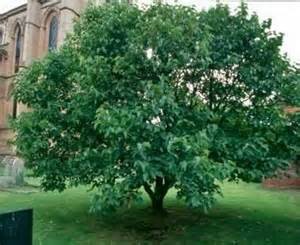Embarking on a peer research approach
Table of contents
'Here we go round the mulberry bush'

As a child, like most girls of my generation, I sang an old nursery rhyme ‘Here we go round the mulberry bush … on a cold and frosty morning’ with my friends. Many years later as an adult, on a visit to a stately home, I noticed a plaque on a tree that told me it was a mulberry tree and I mused on how I had never heard of the tree except in that nursery rhyme and hadn’t imagined they grew in England. The seed was sown in my mind and I subconsciously promised myself I would grow one, one day. Many years on I saw a young mulberry tree in a garden centre and bought and planted it, but I never saw it mature to flower and fruit as I moved house a while later.
In May 2010, I visited my nephew who was living in Erbil, Kurdistan. It was a memorable visit in many ways – I hadn’t seen my nephew for a few years, but also because of the amazing hospitality and kindness of people and the stunning scenery. On arrival, the customs check included a pat down from a female customs officer, who excitedly told me she was also pregnant (I wasn’t, but something about my physique, told her otherwise). My first evening in Kurdistan was spent picking and eating red and white wild mulberries and I was delighted to see small pomegranate fruits growing in the same piece of scrub land.
Mulberry picking became a familiar sight throughout my stay – especially on Friday evenings, when families would picnic on the roadside, small fires were lit and food cooked, whilst all busied themselves with picking wild mulberries, dancing and generally having a fun family time.
Last summer, I took my youngest granddaughter to Kirkstall Abbey in Leeds and we visited the Abbey House Museum. As we wandered through the grounds, I was fascinated by a tree with a really intricately gnarled trunk. I have an app on my phone that identifies plants, so took a snap of the tree’s leaves. I was delighted to find that it was a black mulberry tree and that brought back all those lovely memories of Kurdistan.
The peer research work has been invaluable in giving credibility and real depth of understanding otherwise lacking in more traditional research methods. The specific insight provided by the peer researchers has been illuminating, in a similar way to my interest in mulberries which started with a phrase that intrigued but meant little to me through the years, until my experience in Kurdistan enlightened and warmed me.
